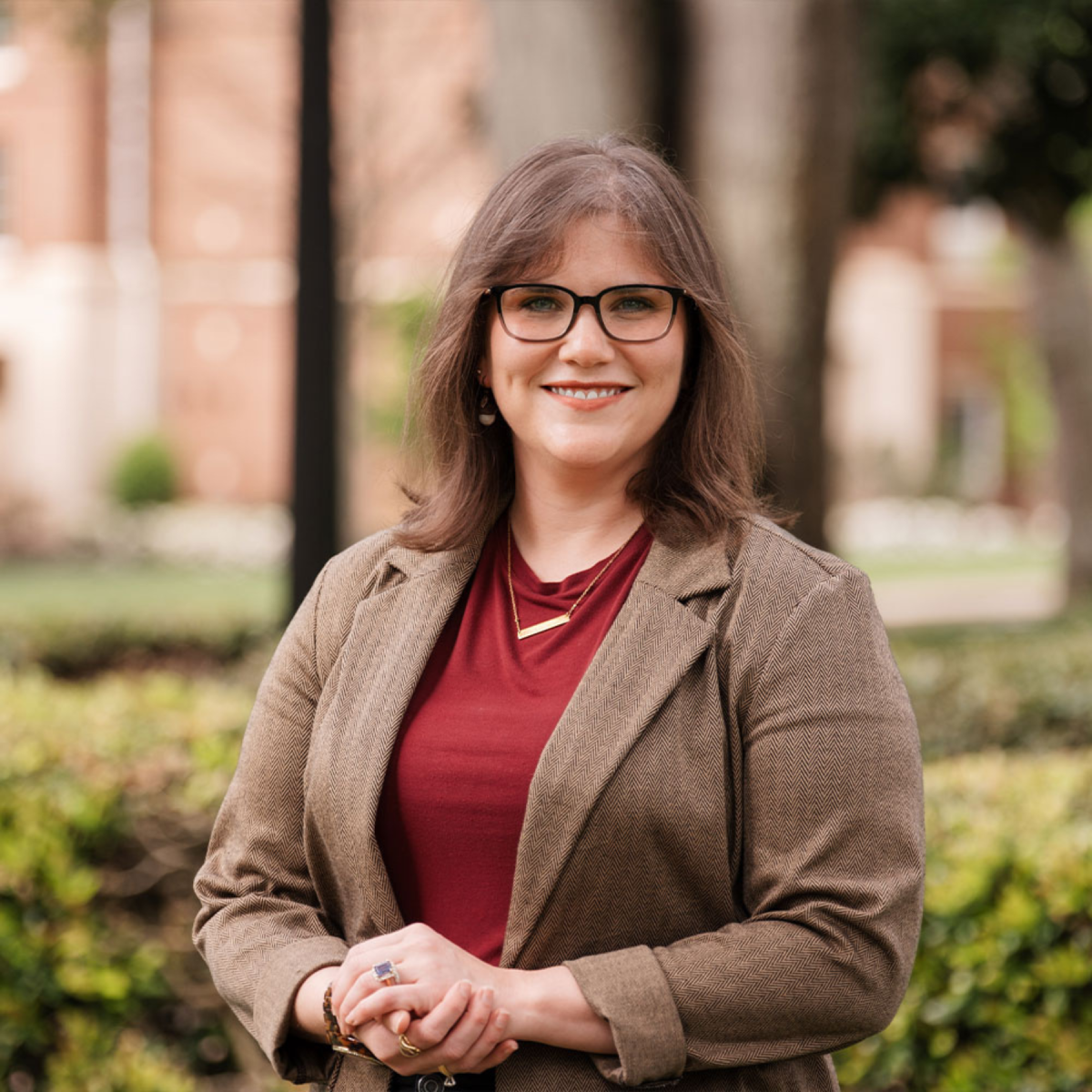About the Lecture
“Bodies on the Brink: The Surgeon’s Dilemma and the Vicksburg Campaign” with Dr. Lindsay Rae Smith Privette, Associate Professor of History at Anderson University
Date: Thursday, March 19, 2026
Time: 6-7:30 p.m.
Format: In Person
Location: I.G. Greer Auditorium
Description: Dr. Privette's presentation will explore the role that surgeons played in the Vicksburg campaign, a series of maneuvers and battles in the Western Theater of the American Civil War directed against Vicksburg, MS. For the Army of the Tennessee, the struggle to take Vicksburg was one of the most physically demanding operations to date. The terrain was impossible, the climate extreme, and surgeons' expertise seemingly limited. To make matters worse, the campaign for Vicksburg began after a year and a half of alarming medical setbacks. These factors shaped the interactions between soldiers and surgeons who regarded one another warily and, in many instances, seemed to forget that they fought for the same objective.
Details: This event is free and open to the public. For a disability accommodation, visit odr.appstate.edu.
Host: The Appalachian State University Department of History and the College of Arts and Sciences
Questions? Please contact Dr. Judkin Browning, professor of history, at browningjj@appstate.edu or (828) 262-6022.
About the Speaker
Dr. Lindsay Rae Smith Privette is associate professor of history at Anderson University in Anderson, SC. Born and raised in Vicksburg, MS, she developed her interest in Civil War history at Vicksburg National Military Park, where she later went on to work. Privette received her bachelor's degree in history from Baylor University and her master's and doctoral degrees from the University of Alabama.
The Surgeon’s Battle: How Medicine Won the Vicksburg Campaign and Changed the Civil War, published in September 2025 by University of North Carolina Press, is her first book.
Founding the Series
These events are part of the Civil War Speaker Series in the Department of History, housed in the College of Arts and Sciences at Appalachian State University. Dr. Judkin Browning, Professor of Civil War and Military History, designed the Series for scholars to give presentations on different aspects of the Civil War, helping the general public and campus community view and understand the conflict through new prisms.
For questions, contact Dr. Browning at browningjj@appstate.edu or (828) 262-6022.
About the Civil War Speaker Series
The Civil War Speaker Series furthers the College of Arts and Sciences mission of fostering the development of knowledge and skills essential to continued learning, as well as cultivating habits of inquiry. The U.S. Civil War is perhaps the most popular American history topic among the general public—judging by book sales, TV programs and internet searches. However, interpretations of that conflict are undergoing constant permutations, forever influenced by what’s happening in our own society (see the explosion of works on military occupation and guerrilla warfare since the U.S. invaded Iraq in 2003).
These speakers allow the campus community and the greater community to learn more about current historical interpretations as well as expose them to new and creative ways of understanding the war and its aftermath. They will see that the war is about far more than Robert E. Lee and Ulysses S. Grant, and that these scholars open up new windows of opportunity to grapple with the issues of a war whose legacy we are still dealing with today.
This series advances our College’s vision, particularly “to engage more of the public in the enterprise of higher education and to help a larger public understand the significance of broad-based education anchored in a tradition of the liberal arts.”
